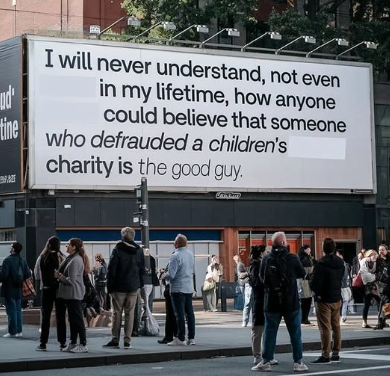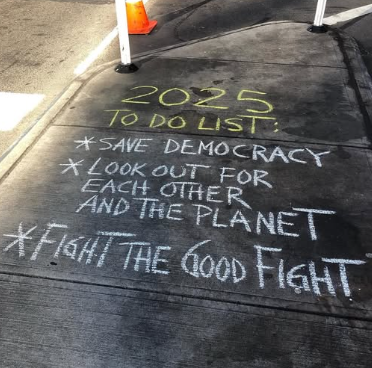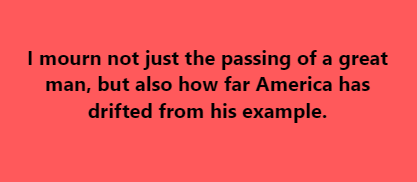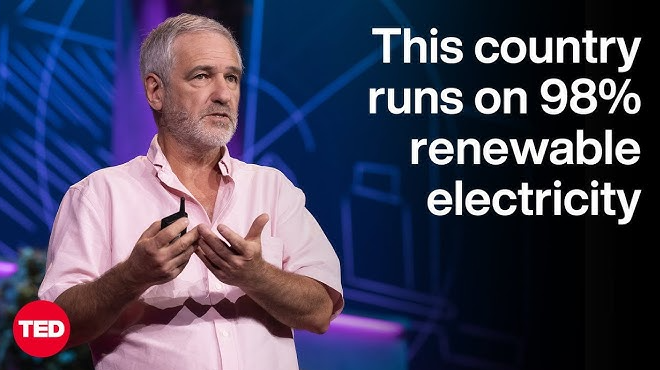China’s Ownership of U.S. Farmland

Of all foreign-owned U.S. land, Canadian investors owned the most at 12.8 million acres. This makes up 31% of all foreign-owned U.S. land. Four other countries held 12.4 million acres combined, or another 31% of foreign-owned land: the Netherlands (12%), Italy (7%), the United Kingdom (6%), and Germany (6%). China holds less than 1%.
1% of 3.1% is .031% or 0.00031. It’s infinitesimal, but more that enough to rile up the morons.

 It’s impossible to know who or what is behind the constant flow of disinformation on electric transportation, e.g., the graphic at left. Big Oil? QAnon? Other right-wing, anti-environmentalist groups?
It’s impossible to know who or what is behind the constant flow of disinformation on electric transportation, e.g., the graphic at left. Big Oil? QAnon? Other right-wing, anti-environmentalist groups? Apparently, some people have an appetite for being ordered around by the most ignorant and hateful people in America.
Apparently, some people have an appetite for being ordered around by the most ignorant and hateful people in America. The answer: Trump’s tens of millions of supporters are turned on by his overt racism and the fact that he always wins, regardless of what it takes.
The answer: Trump’s tens of millions of supporters are turned on by his overt racism and the fact that he always wins, regardless of what it takes. Here’s something that’s getting passed around on social media. Common responses include nose rings, face tattoos, and sex changes.
Here’s something that’s getting passed around on social media. Common responses include nose rings, face tattoos, and sex changes. Gotta like this guy’s style. Not only is he on the right side of the issues, but he hasn’t given up.
Gotta like this guy’s style. Not only is he on the right side of the issues, but he hasn’t given up. From a reader: (Below) is the type of crap (Trump) pulls and they actually believe him. We’ve learned that the person involved in the tragedy in New Orleans was a U.S citizen radicalized by ISIS.
From a reader: (Below) is the type of crap (Trump) pulls and they actually believe him. We’ve learned that the person involved in the tragedy in New Orleans was a U.S citizen radicalized by ISIS.
 Love this bumper sticker.
Love this bumper sticker. The reader who sent the meme here nailed it.
The reader who sent the meme here nailed it. This week’s “TED Radio Hour” on National Public Radio is called “Paradise Lost–and Found,” and, as the title suggests, it’s about the things in our lives that make us happy.
This week’s “TED Radio Hour” on National Public Radio is called “Paradise Lost–and Found,” and, as the title suggests, it’s about the things in our lives that make us happy.